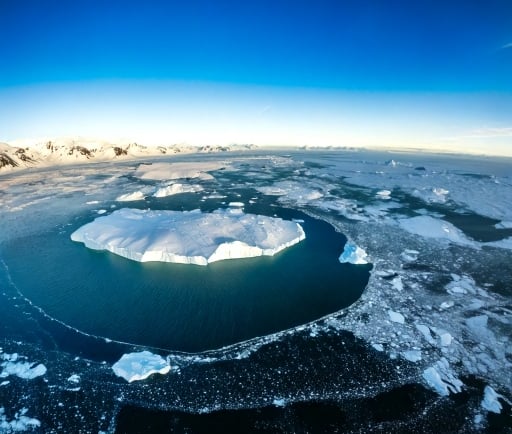Polar Days: 111 Days Without Sunlight in the Arctic Circle


Understanding Polar Days
Polar days, often referred to as the phenomenon of continuous sunlight during certain times of the year, are a fascinating aspect of life in the Arctic Circle. This unusual event occurs when the sun does not set for an extended period, leading to continuous daylight much unlike what we typically experience in other parts of the world. In stark contrast, however, there is a remarkable absence of sunlight for a significant duration, resulting in periods that can span up to 111 days.
The Impact of Extended Darkness
In the Arctic Circle, after the sun dips below the horizon, the region experiences a phase where daylight is absent. This absence can last up to 111 days, leading to what is referred to as 'polar nights.' During this timeframe, the colors of the twilight sky—varying shades of blue, pink, and purple—create a surreal but striking landscape, contrasting dramatically with the perpetual sunlight of the polar days.
Life in the Arctic During These Extremes
For residents and wildlife in the Arctic Circle, life significantly adapts to these extreme conditions. The extended periods without sunlight present unique challenges and opportunities. Many animals, including polar bears and Arctic foxes, have evolved to thrive during these harsh conditions, while local communities develop unique traditions and practices surrounding the change in sunlight. Despite the daily struggle to maintain morale during these lengthy periods without natural light, the people of the Arctic have developed profound adaptability, showcasing resilience and creativity.
Overall, while the Arctic Circle experiences polar days that bring extended sunlight, the corresponding polar nights bring remarkable darkness for 111 days. This cyclical nature of light and dark shapes the lives of all inhabitants and creates breathtaking natural phenomena that are unique to the region. Understanding and appreciating these extremes of sunlight and darkness is crucial for both environmental awareness and the appreciation of this exceptional corner of our planet.
